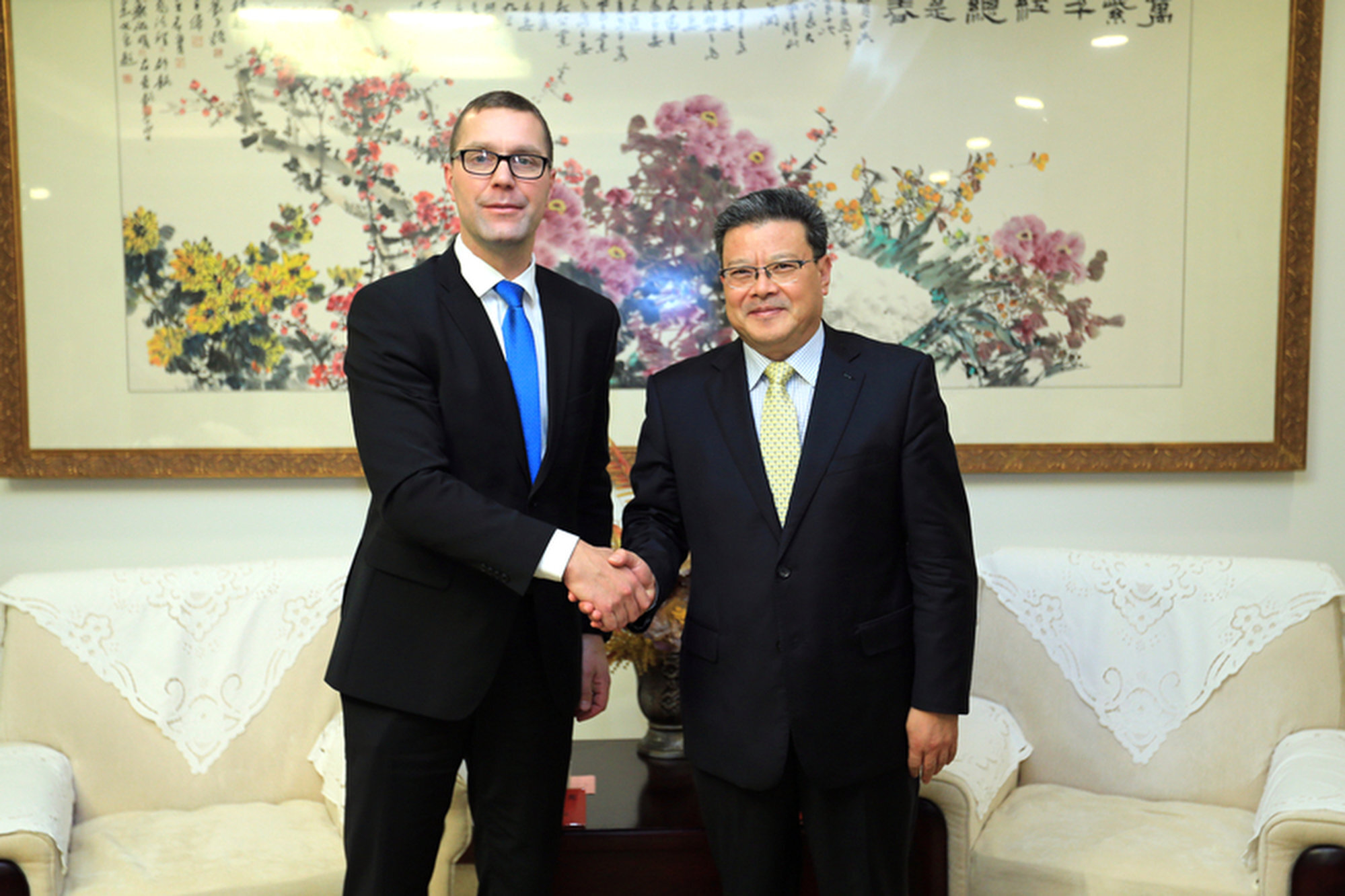
Economist Meng Fanli, 56, named Communist Party chief of China’s tech hub Shenzhen
- Meng was most recently the party chief of Baotou, an industrial hub in Inner Mongolia
- The Shenzhen role is ‘very important’ and often seen as a stepping stone to provincial and national leadership, observer notes
The appointment of Meng Fanli, 56, was announced on Tuesday by the party in Guangdong province, state news agency Xinhua reported. He takes over from Wang Weizhong, who has been confirmed as governor of Guangdong after carrying out the dual role of acting governor and Shenzhen party chief since December.
Meng, a native of eastern Shandong province, has kept a relatively low profile thus far. But he is a star worth watching out for because of his relative youth – many top Chinese leaders are well into their 60s, as well as his rich local administrative experience and solid academic background, an analyst observed.
Armed with a PhD in economics, Meng taught accounting before venturing into a career in finance and commerce administration. After 20 years as an official in Shandong, with his last position as mayor of the port city of Qingdao, Meng was promoted in 2020 to become the party chief of Baotou, a major industrial hub in Inner Mongolia.

As China’s technology hub, Shenzhen now ranks third – just behind Beijing and Shanghai – among the nation’s most affluent cities, after reporting annual economic growth exceeding 3 trillion yuan (US$469.6 billion) last year.
Meng is a rising star worth watching out for, given his solid background in economics and rich local administrative experience, according to Alfred Wu, associate professor at the National University of Singapore’s Lee Kuan Yew School of Public Policy.
“He could be elevated further if he performs well in Shenzhen. This is a very important position and often seen as a career elevator to provincial and national leadership,” Wu said.
“His expertise in finance and economics also gives him an edge to lead an international city like Shenzhen as China experiences increasingly complex global politics.”
Wang, 59, who took over as Shenzhen party chief in 2017, is an alternate member of the party’s policymaking Central Committee. His promotion to the governorship of Guangdong is likely to pave the way for him to become a full member at the national congress.

